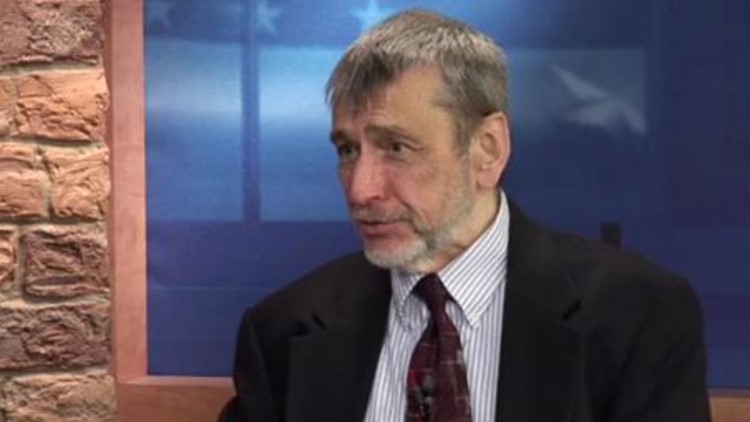AUGUSTA, Maine — Maine political leaders remember Mal Leary, a renowned Maine journalist who died Saturday at 72.
Leary, who was known as "The Dean of the State House Press Corps," is remembered as a journalist who devoted decades to informing Mainers.
He covered state government for nearly 50 years. Over the years, Leary worked in radio, TV, and for newspaper outlets. At one time he had his own state radio news network.
Sen. Susan Collins, R-Maine, remembers Leary as a fair journalist who asked tough questions.
"Through 45 years of distinguished service to journalism, he kept the people of Maine informed and helped them to be engaged citizens," she said in a statement Saturday.
Collins said Leary showed an "unparalleled" understanding of the issues Mainers faced and he reported on them accurately and with a balanced approach.
“Mal’s dedication to his profession truly made a difference, and I will miss him so much. At this time of sorrow, I offer my deepest condolences to his wife, Susan, and their family," Collins added.
Gov. Janet Mills said she was sad to learn of Mal Leary’s passing. She echoed Collins when describing Leary's character.
"Mal earned the respect and admiration of readers, listeners, fellow journalists, and politicians of all stripes for his tough but fair questions, his balanced reporting, and his unrivaled institutional knowledge," Mills added.
“But beyond the halls of the Capitol, Mal was also just a good person who cared about people and who loved his state. Maine has lost a giant of journalism and a dear friend. I extend my deepest condolences to Mal’s family and all who knew and loved him,” the governor said.
Leary worked alongside NEWS CENTER Maine's Don Carrigan for approximately about years at Maine Public (previously called Maine Public Broadcasting Network). He collaborated with Carrigan on debates, elections, specials, and a 1998 documentary on the 100th anniversary of the sinking of the battleship U.S.S Maine in Cuba.
"Mal knew just about every person and every issue involving state government and usually knew the details and implications better than the politicians. He did his homework, knew the ins and outs of how the Legislature worked better than anyone and was respected by all sides as a fair and thorough reporter," Carrigan added. "He was a model for the kind of reporter we all strive to be."



